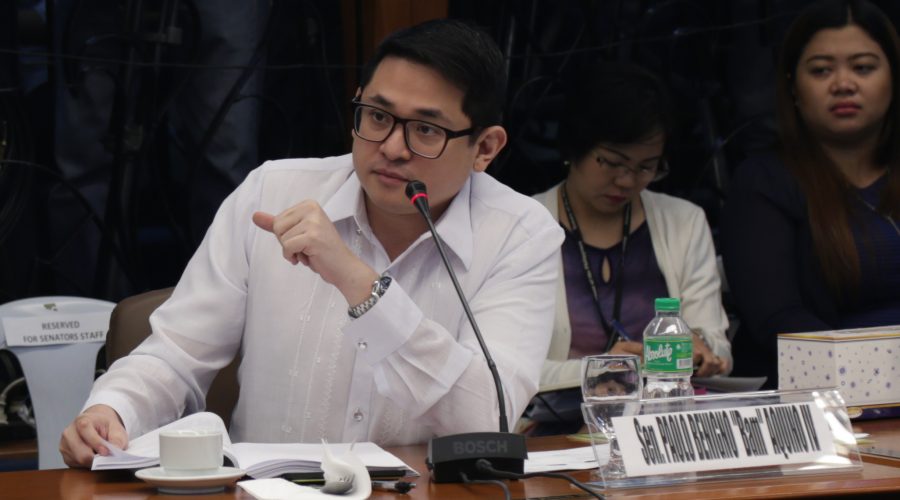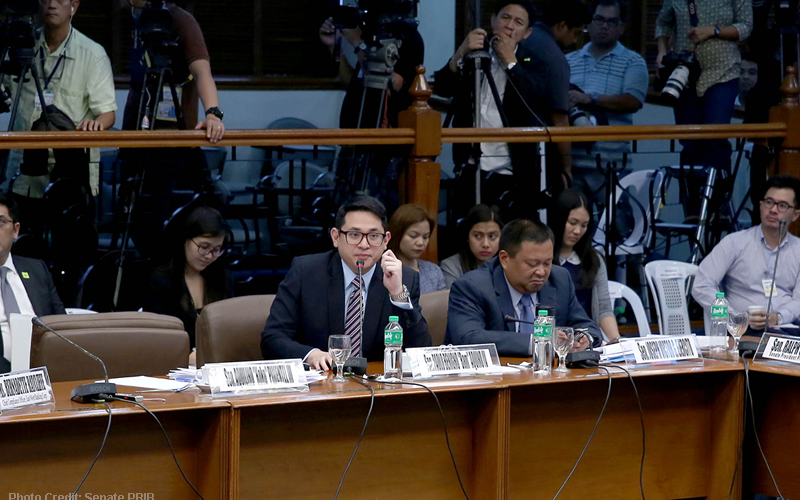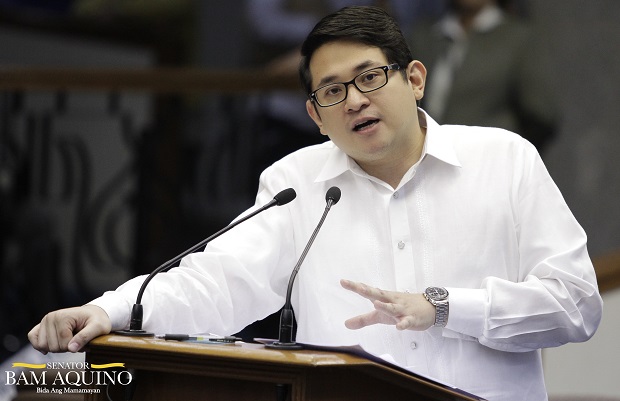Sen. Bam thanks Bangladesh for patience, assures $81M will be returned
Sen. Bam Aquino thanked Bangladesh for its patience and assured that the Philippine government will leave no stone unturned to ensure the $81 million stolen from its central bank is returned as soon as possible.
“Thank you very much, Mr. Ambassador, for being so patient in our hearings,” Sen. Bam told Bangladeshi ambassador John Gomes during the Senate blue ribbon committee’s last hearing on the hacking incident.
Despite the adjournment of the hearing, Aquino said the process of returning the stolen money to Bangladesh will continue.
“We won’t stop until the money stolen from the Bangladeshi people is returned, up to the last centavo,” said Sen. Bam.
During the hearing, the Anti-Money Laundering Council (AMLC) confirmed that the $81 million was stolen by unidentified hackers from the Central Bank of Bangladesh.
Of the $81 million, the AMLC said $15 million was returned by junket operator Kim Wong, $21 million allegedly went to casinos, $28 million is subject to Supreme Court’s decision on the petition for review and $17 million still at large.
The AMLC said a court order is needed to forfeit the $15 million in its safekeeping while the Bangladesh government can file a third-party claim to prove that the money belongs to them.
The process, according to the AMLC, will take about three to five months.



Recent Comments